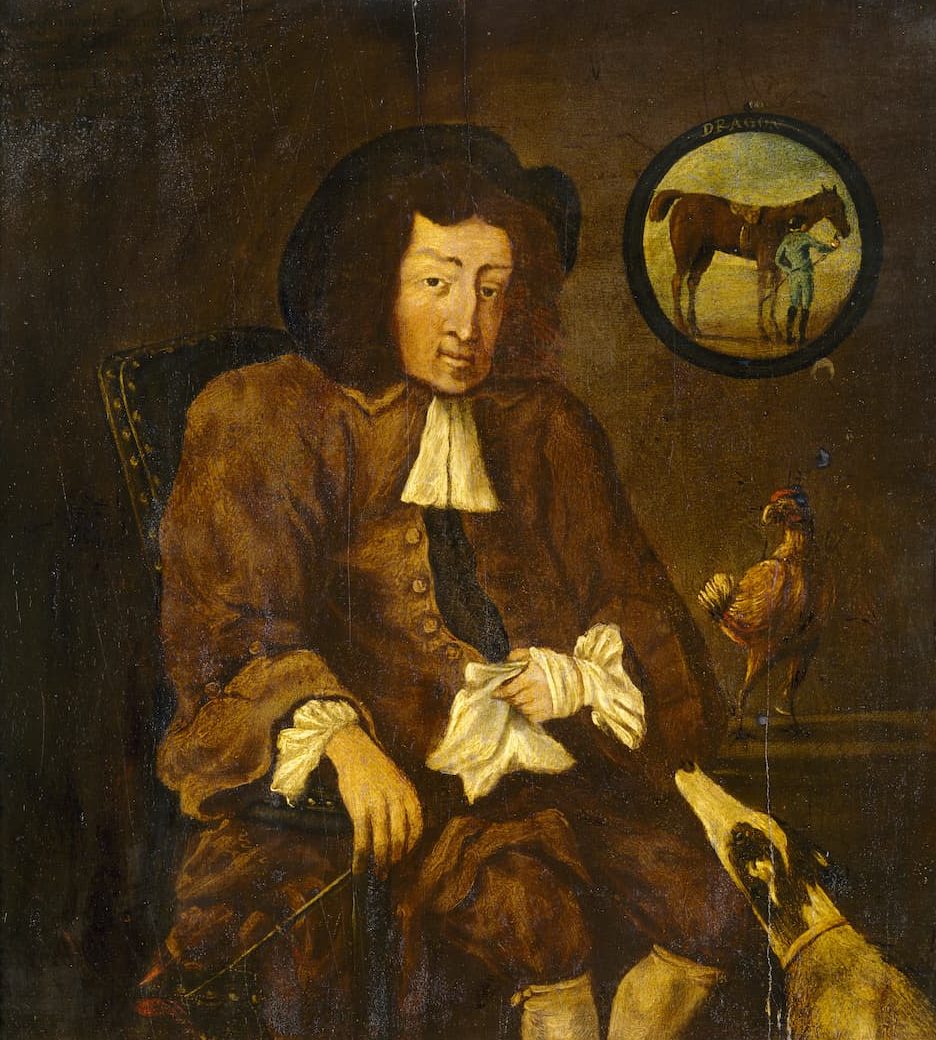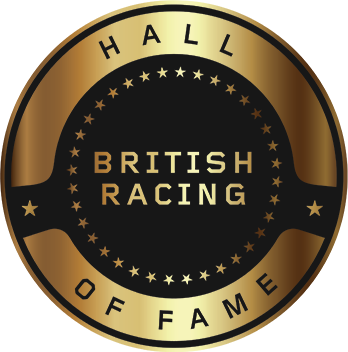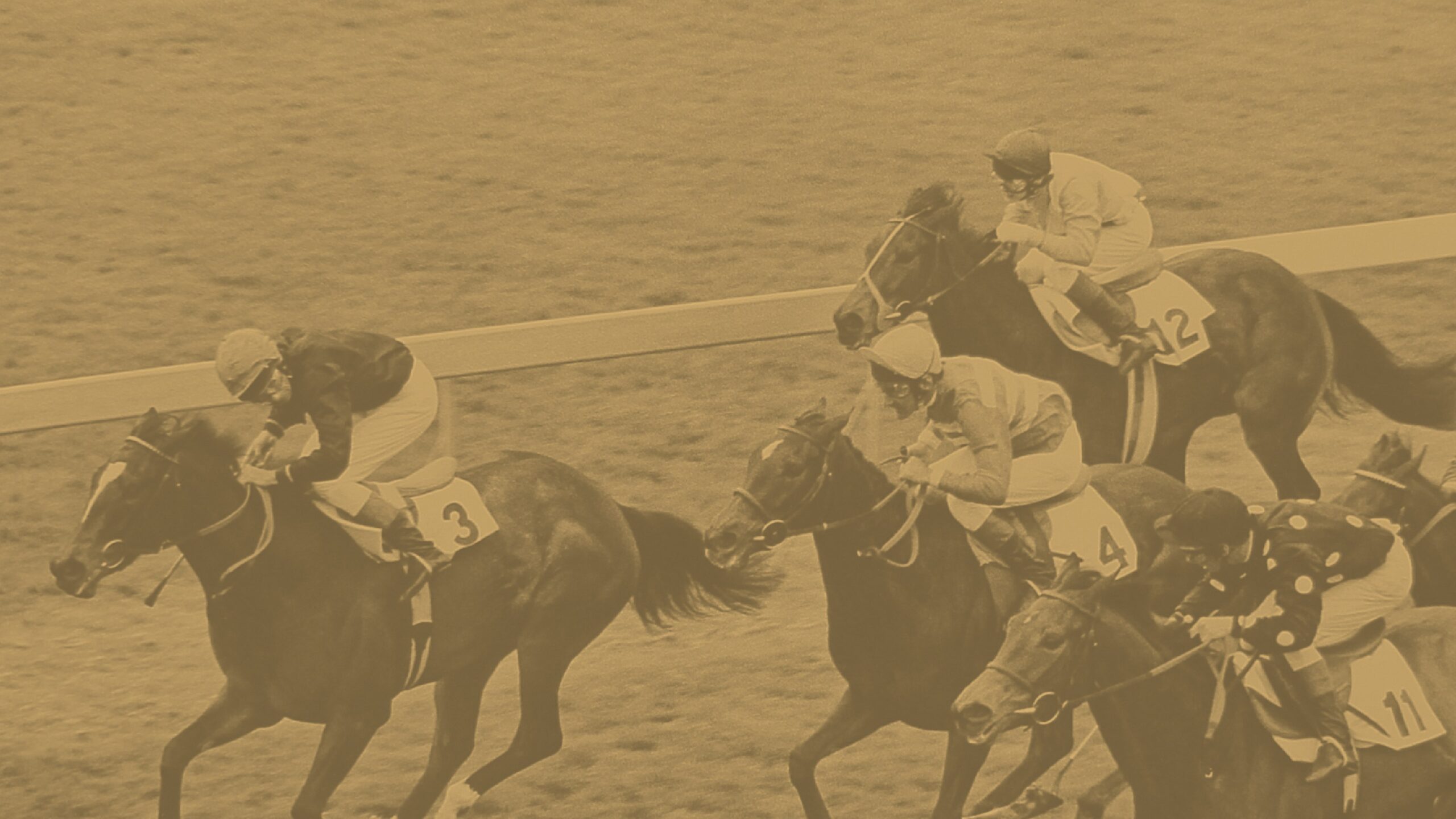Tregonwell Frampton

Known as the ‘Father of the Turf’, Tregonwell Frampton was appointed Keeper of the Running Horses at Newmarket by King William III. The post effectively corresponded to that of trainermanager, in essence the first professional racehorse trainer, being paid to keep the royal horses in his stable. He would continue to hold that position during the reigns of Queen Anne, George I and George II.
William Tregonwell Frampton was born near Dorchester in 1641, the fifth son of William Frampton of Moreton. He first came to Newmarket when in his early thirties. Although he did not take up residence there until 1689, living at the foot of Moulton Road, where Heath House now stands, it had long been his spiritual home. By then he had made a name for himself as an astute judge of a horse and a heavy and successful gambler, both on racing and cockfighting. He would often bet £1,000 on the result of a match in either sport.
The hook-nosed Frampton was neither an attractive nor a likeable man. A thorough misogynist, he detested the company of women. According to Roger Mortimer in his book ‘The Jockey Club: “he habitually bore an expression in which meanness and guile seemed to battle for supremacy”. Deviously resourceful and none too scrupulous, Mortimer adds: “his reputation was not without
blemish, and it was a common saying at one time ‘that sin came upon the turf with the advent
of Frampton’”.
Misogynist or not, he was careful not to extend his dislike of women to Queen Anne, who referred to him as ‘Governor’ Frampton. He made numerous ‘challenges’ on behalf of the Queen. Among them he is reputed to have issued a challenge to the Dukes of Devonshire, Rutland and Somerset to combine their stables and assemble six horses to run against six belonging to the Queen, the matches to take place for £100 every seven days until each of the six pairs had run.
In addition to his knowledge of horses and skill in the art of training, Frampton gradually introduced rules and methodical procedures into racing. He adjudicated in racing disputes in the same way that Charles II had done before him, and effectively fulfilled the role of the sport’s governor in the period between Charles II’s death and prior to the creation of the Jockey Club.
Respect for him, even if not affection, increased with the years, and when he died at the advanced age of 88 in 1727 he had long since earned the title of ‘Father of the Turf’.


